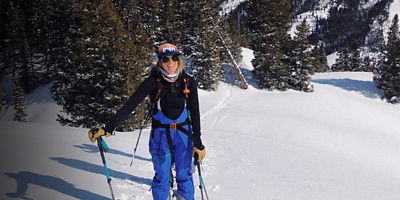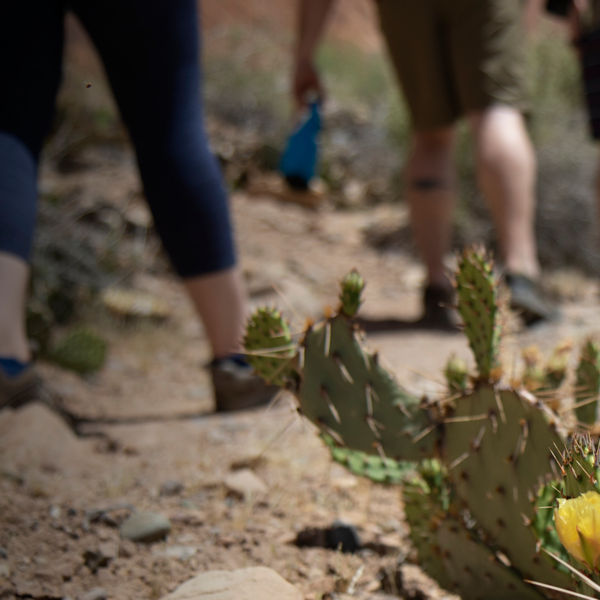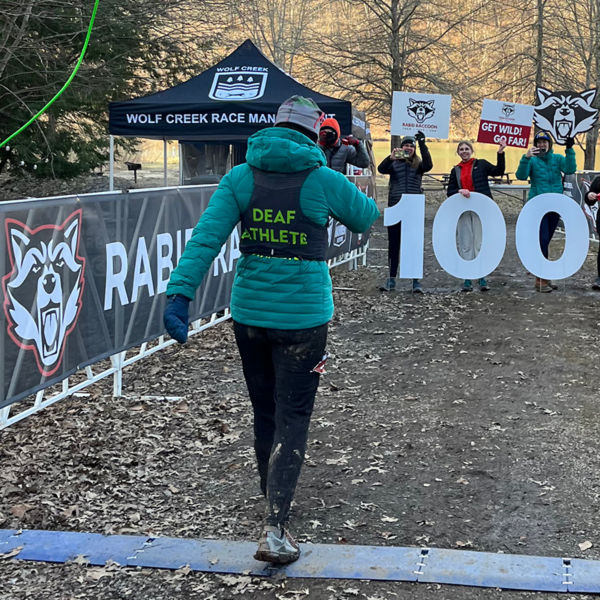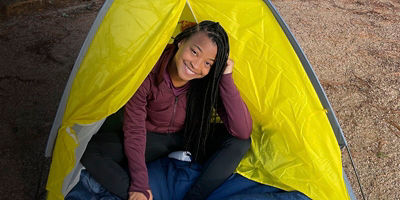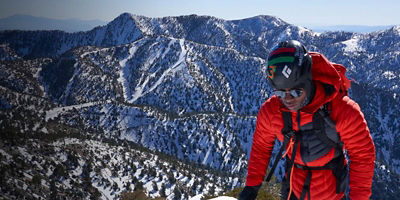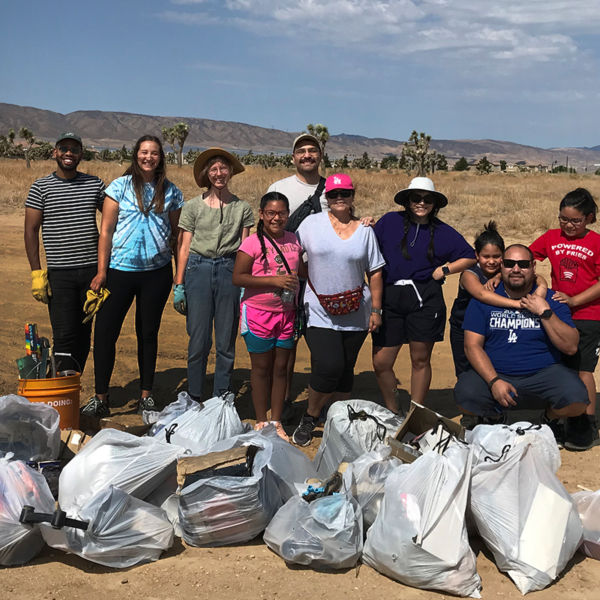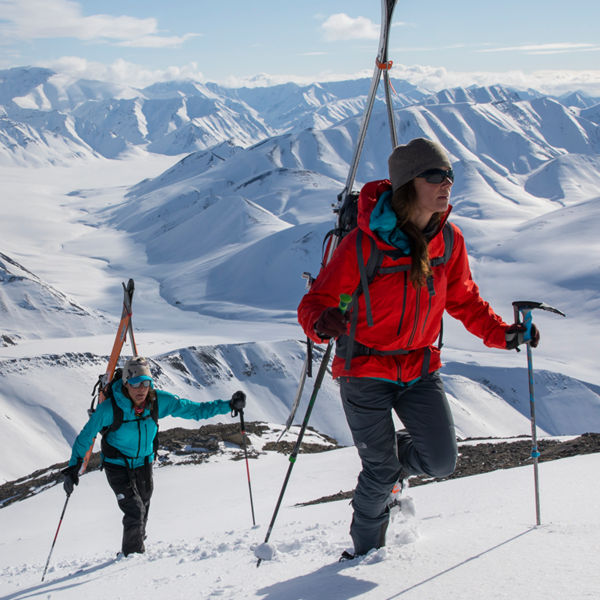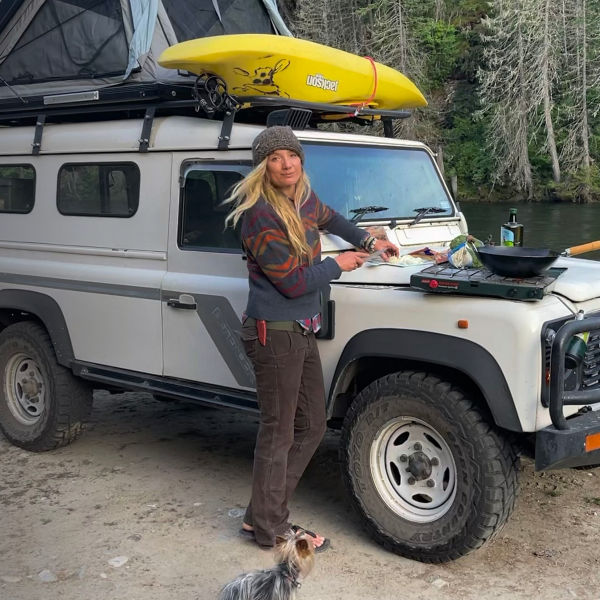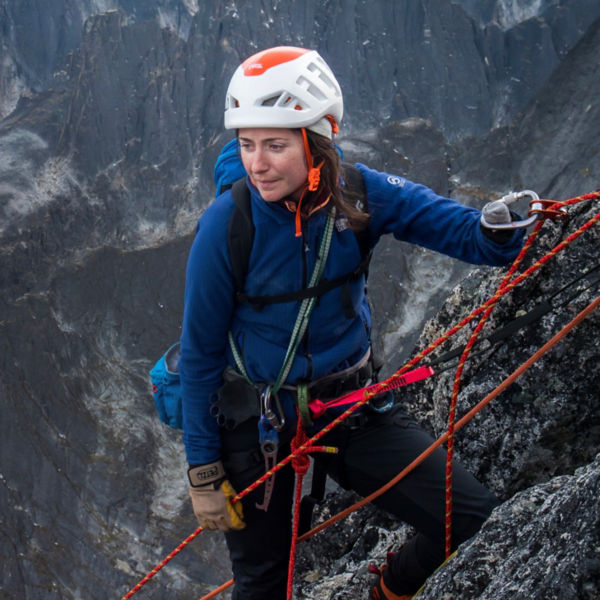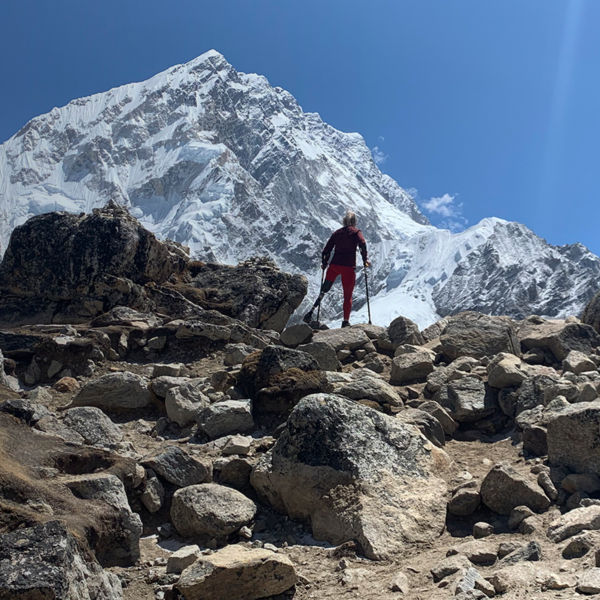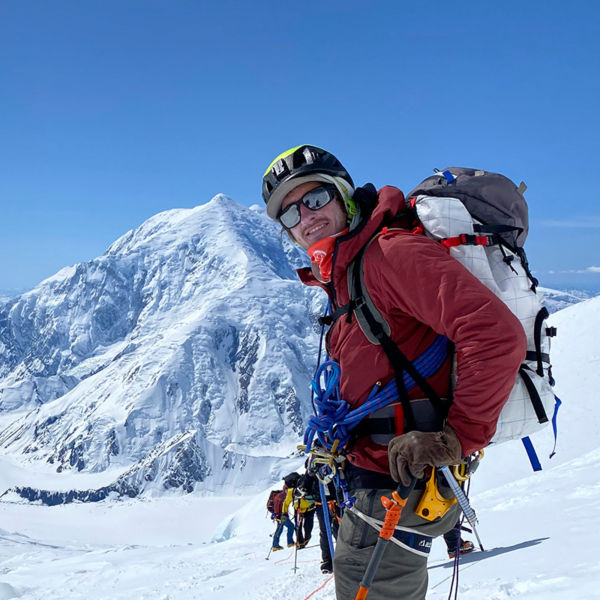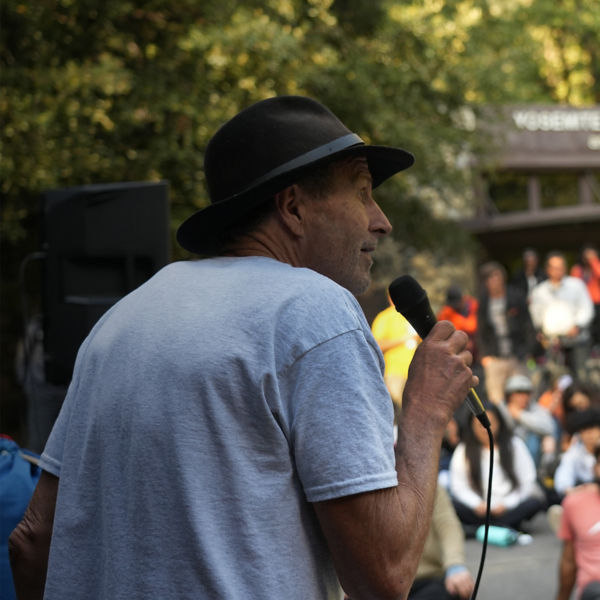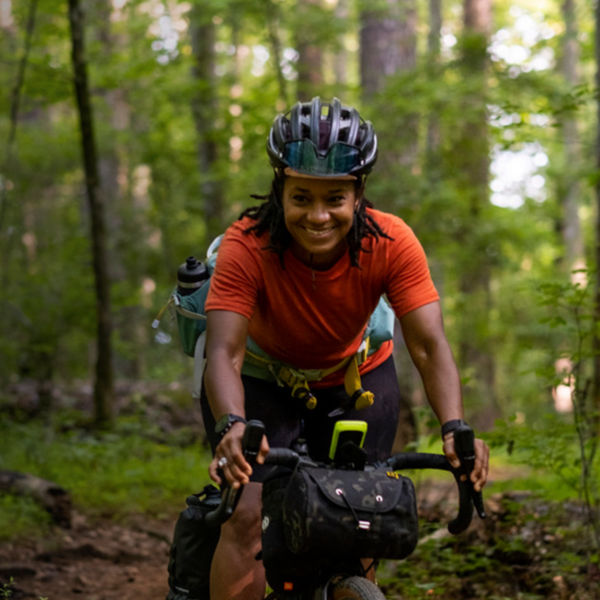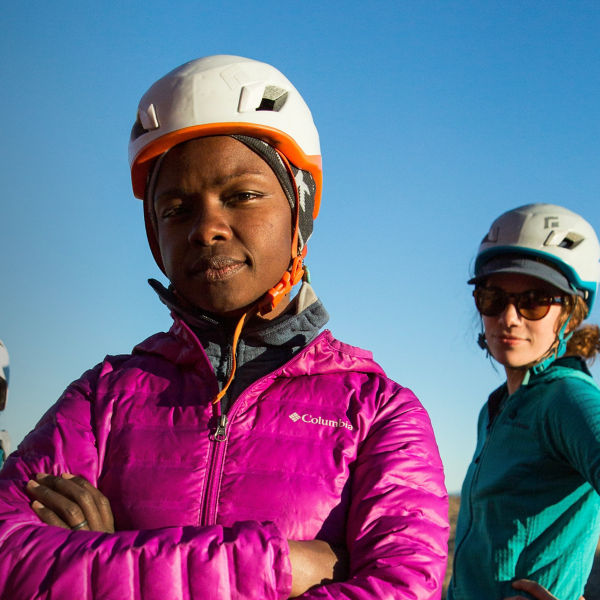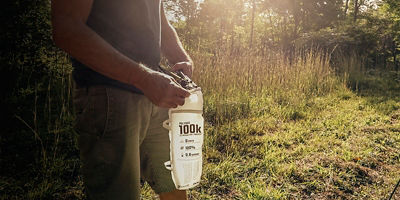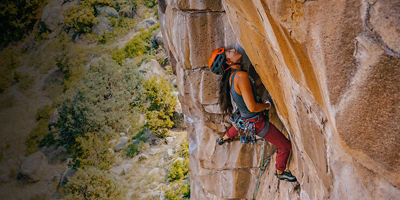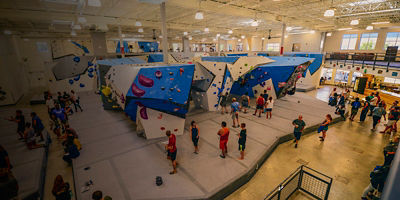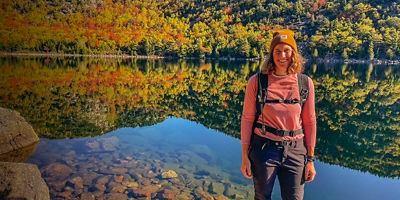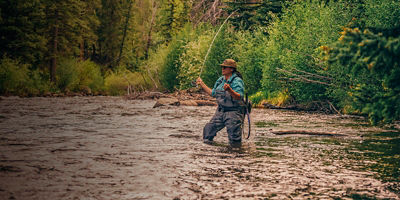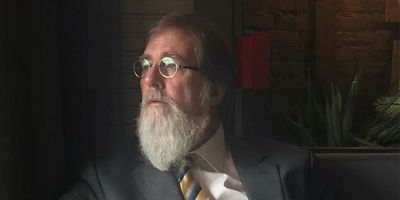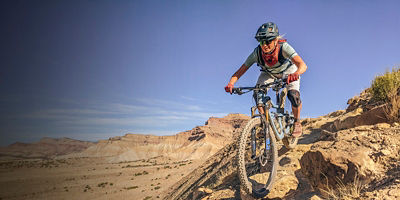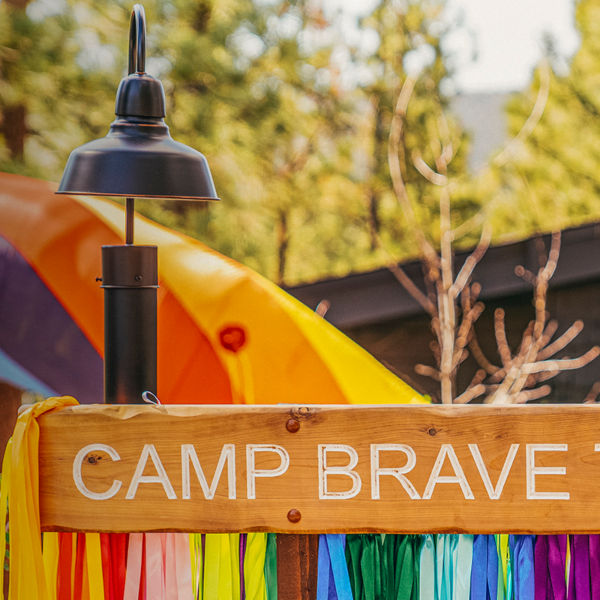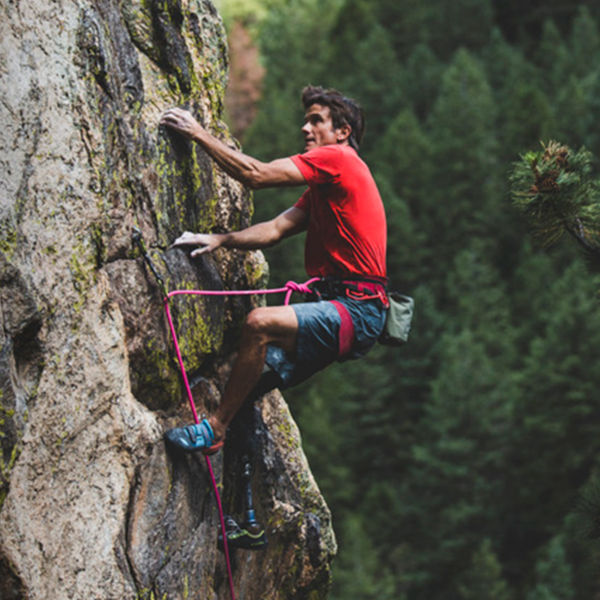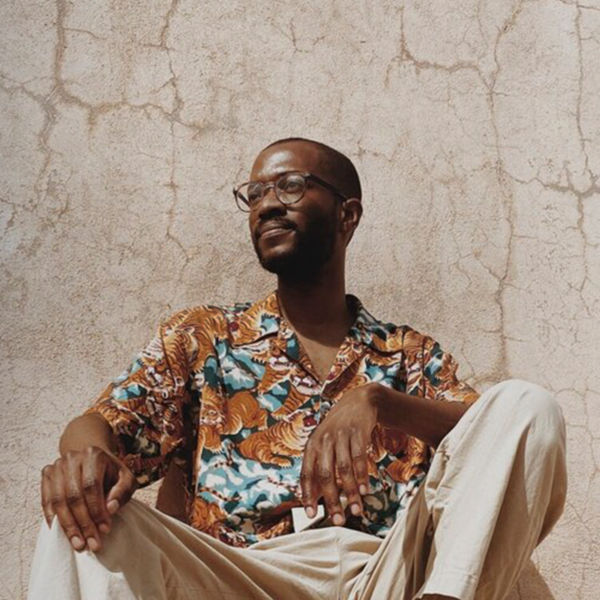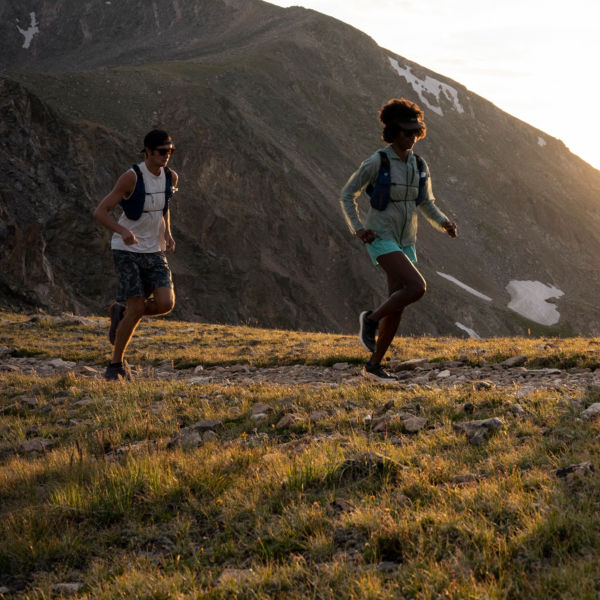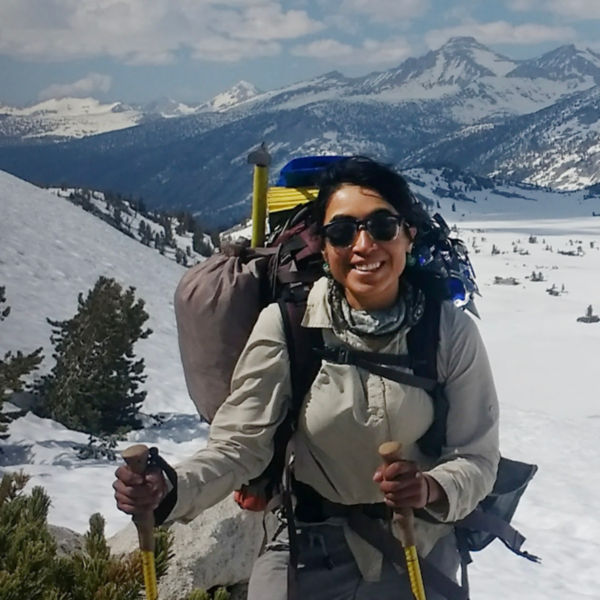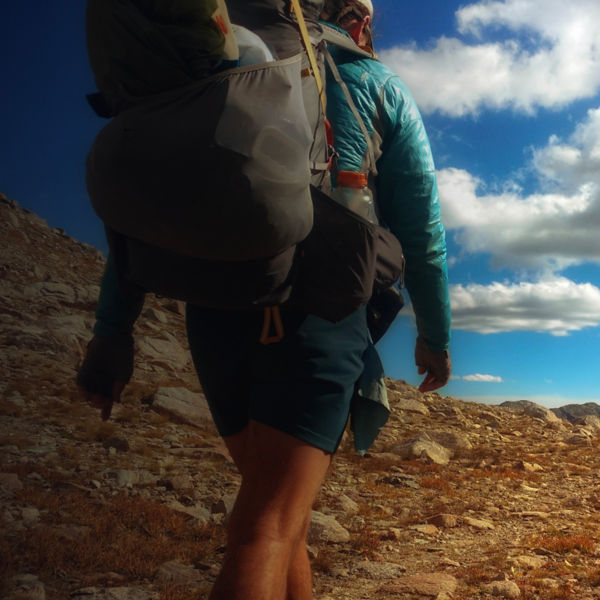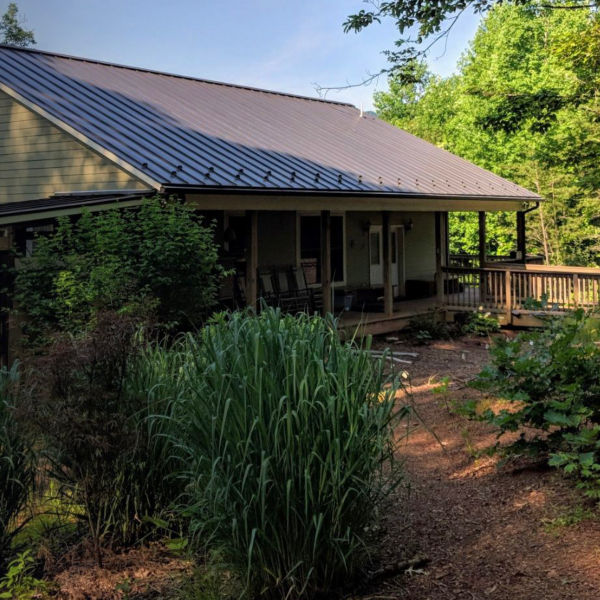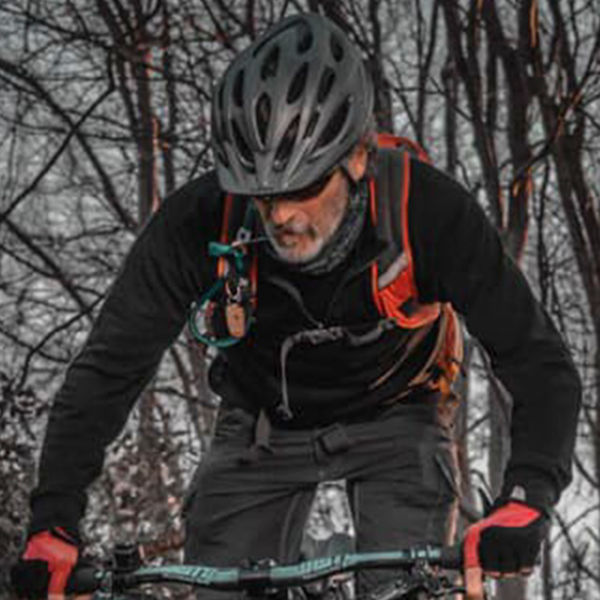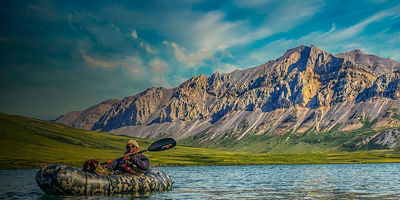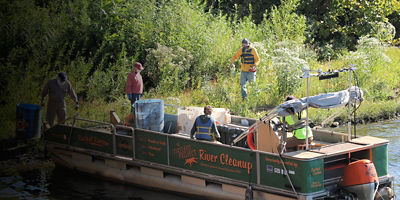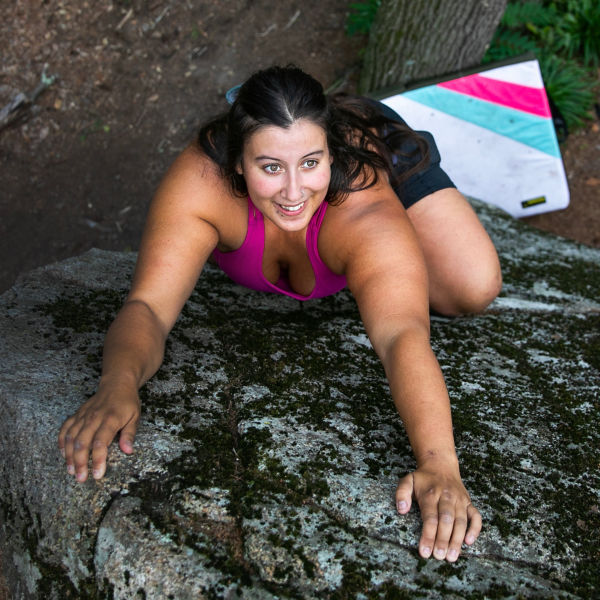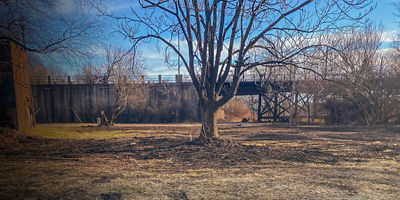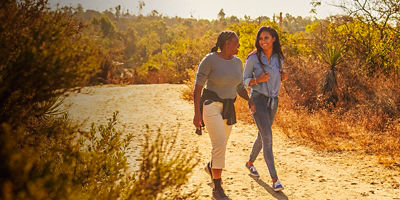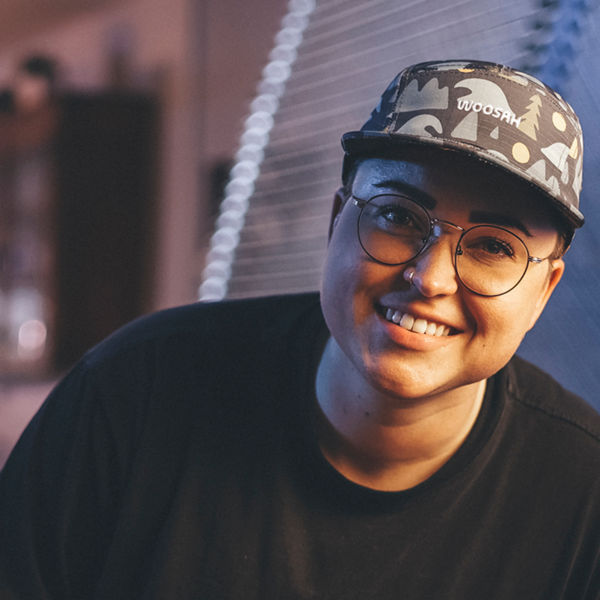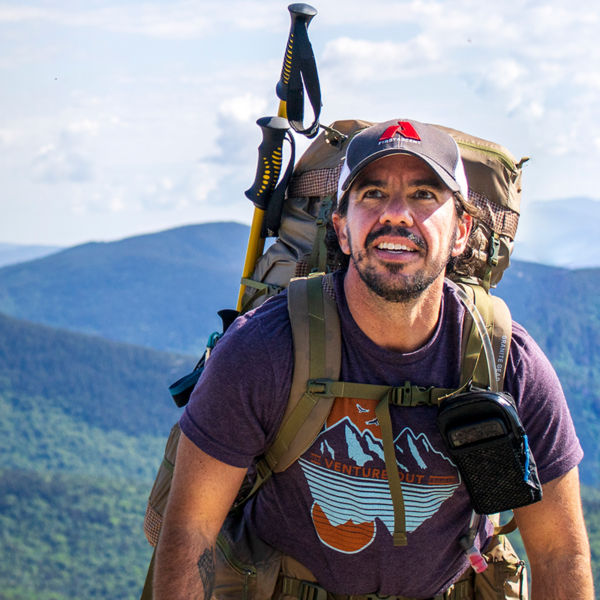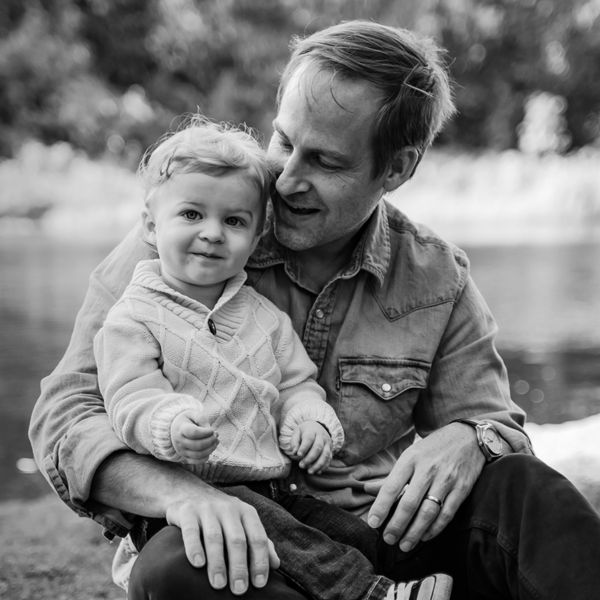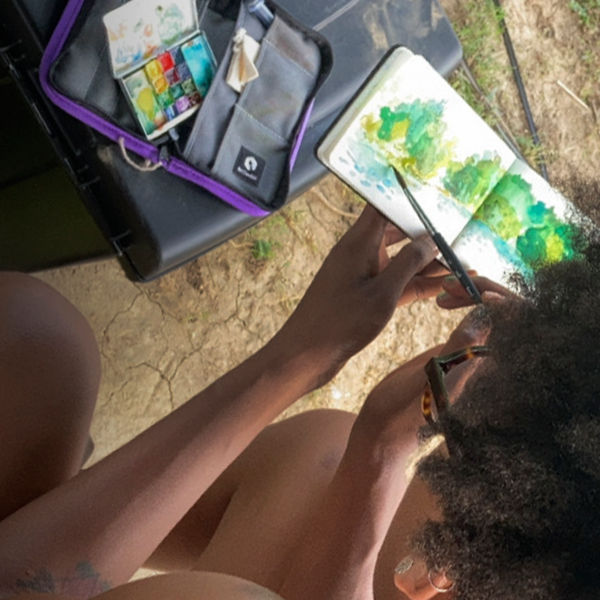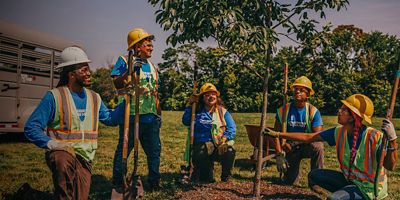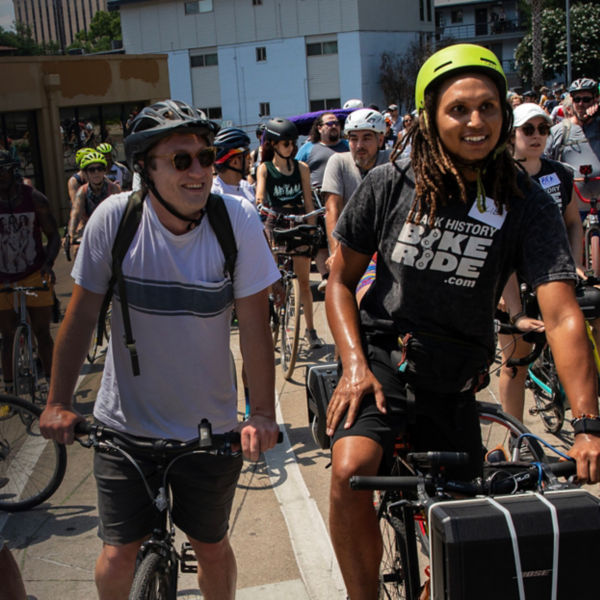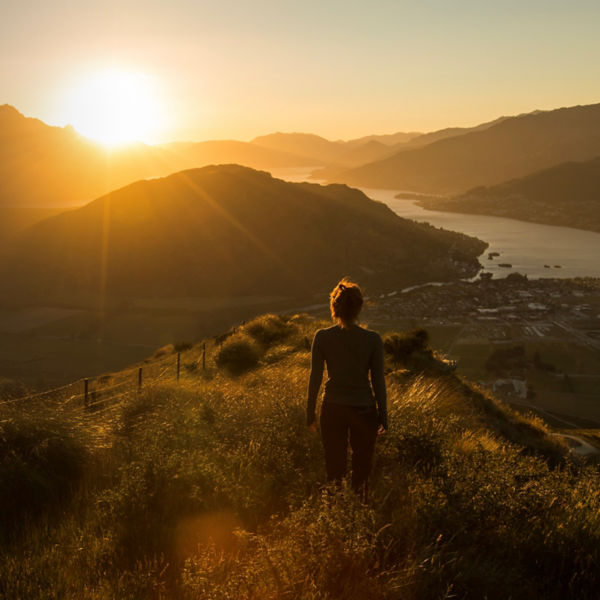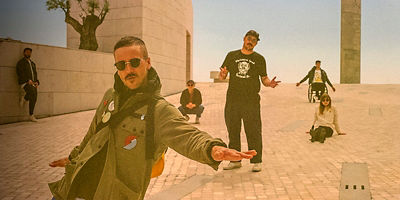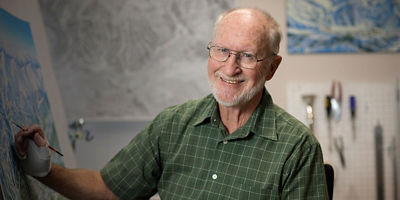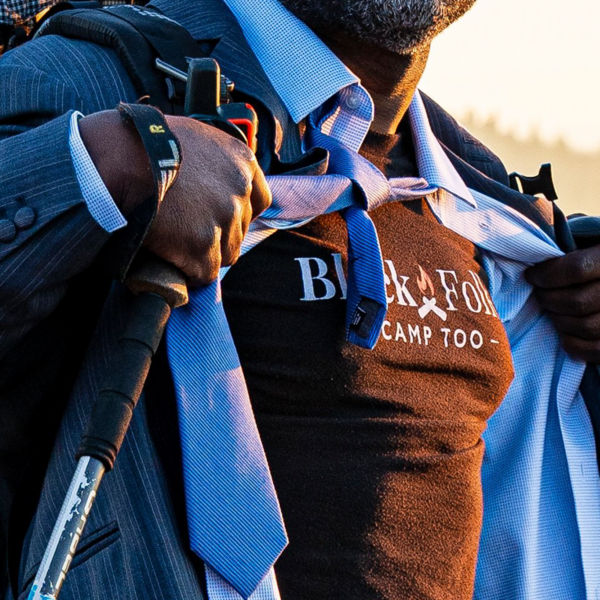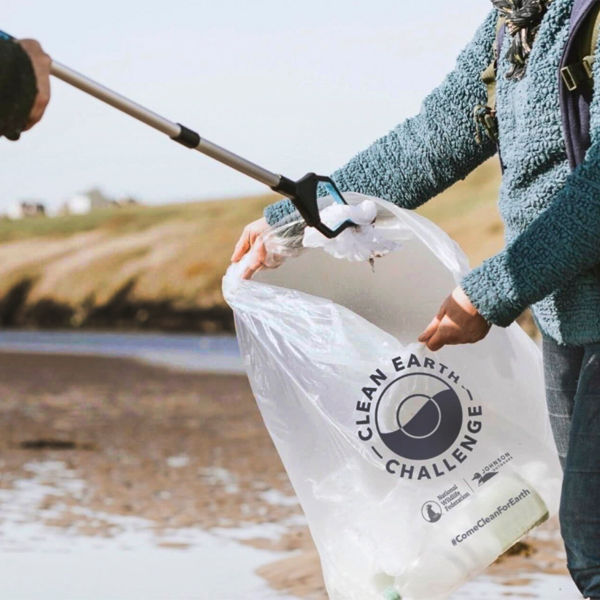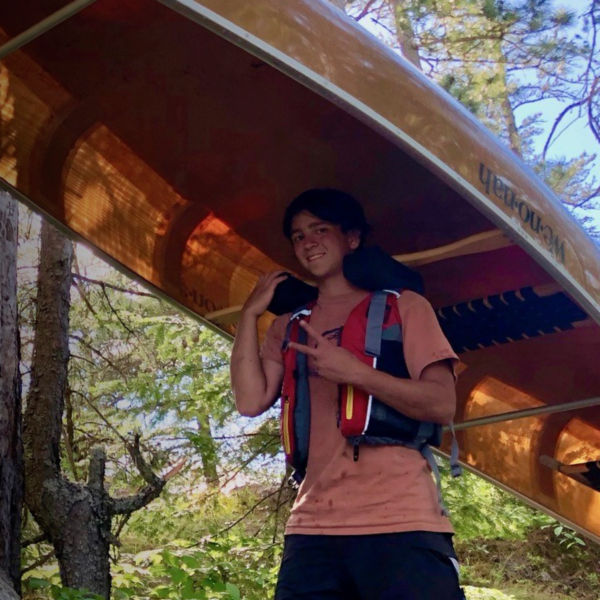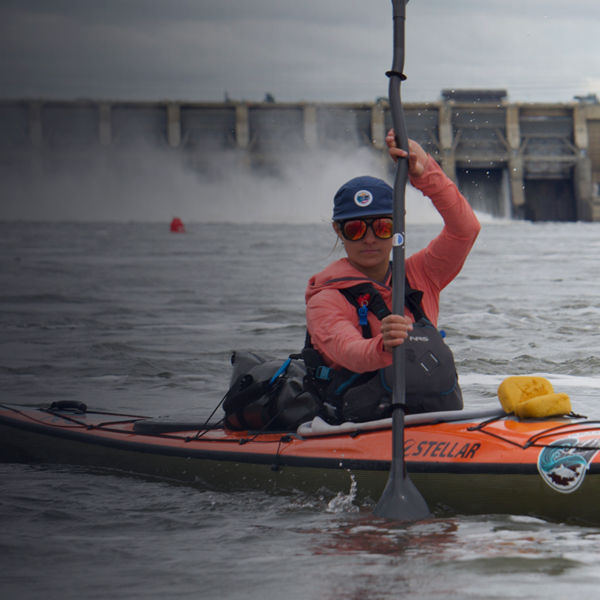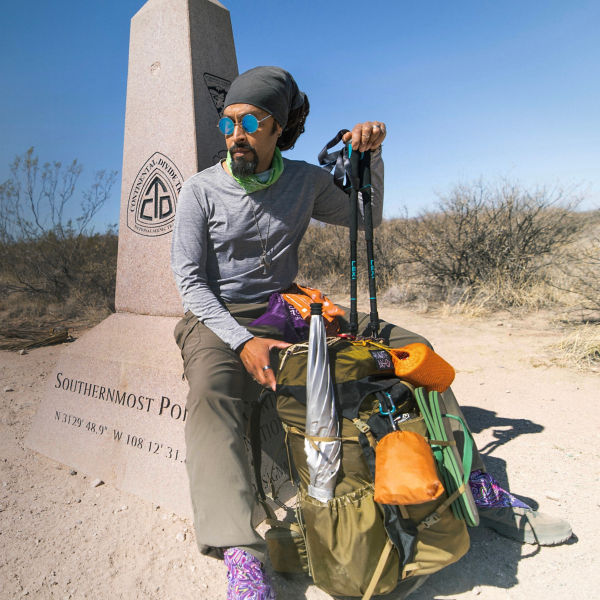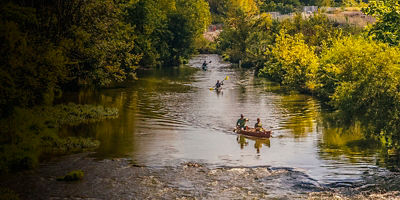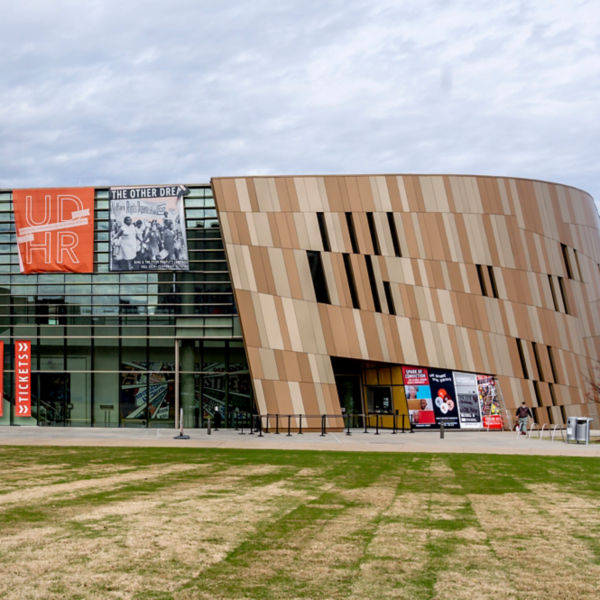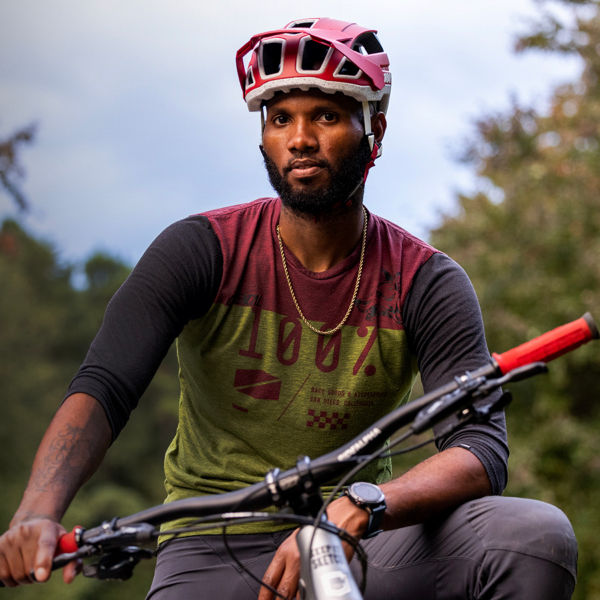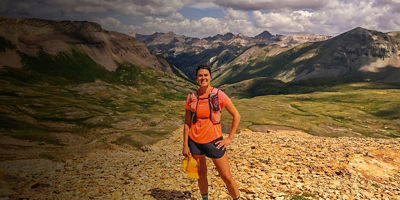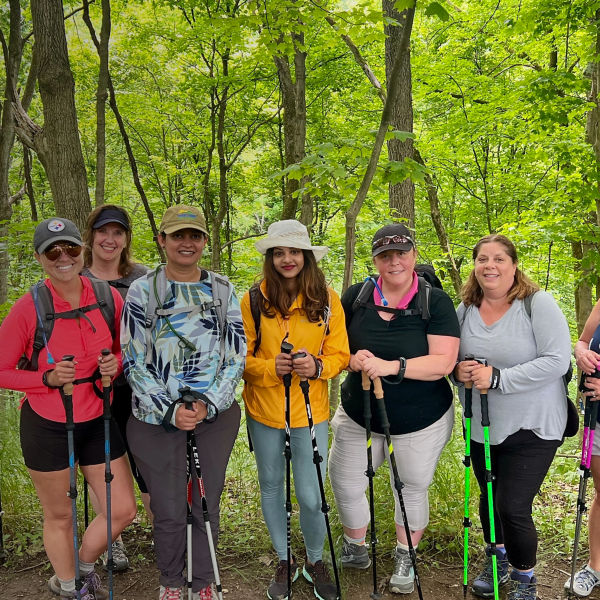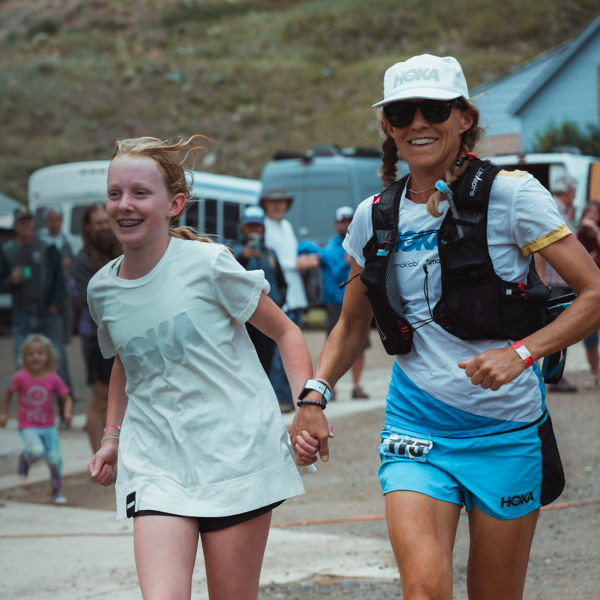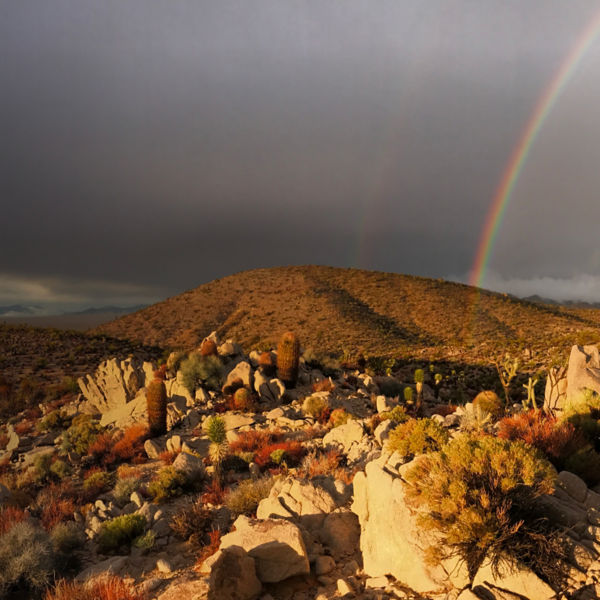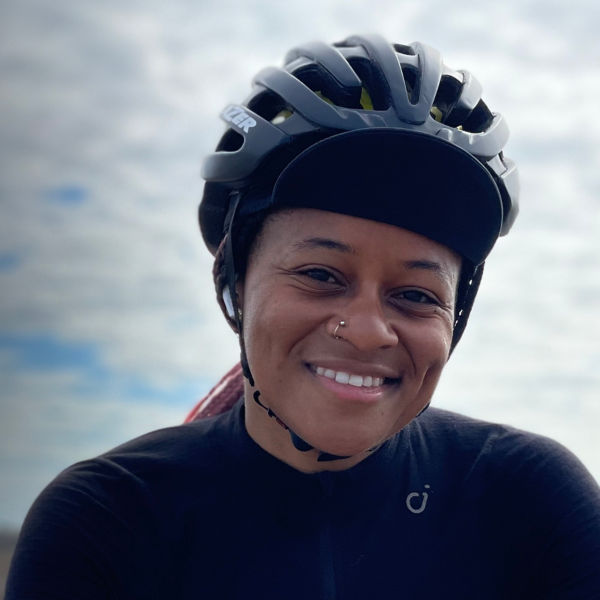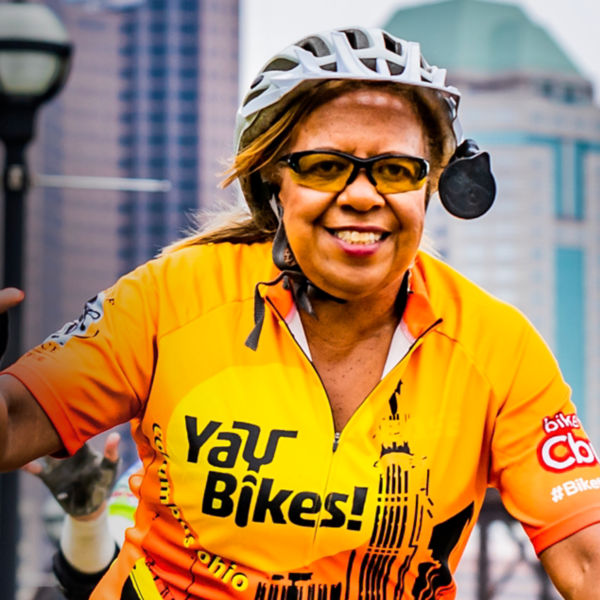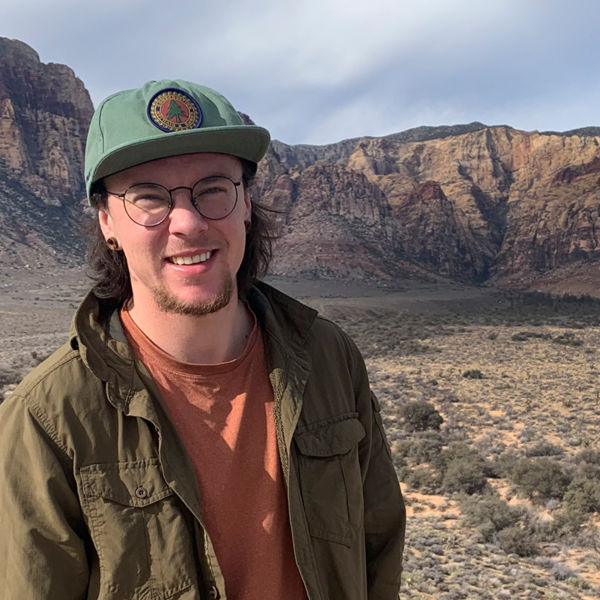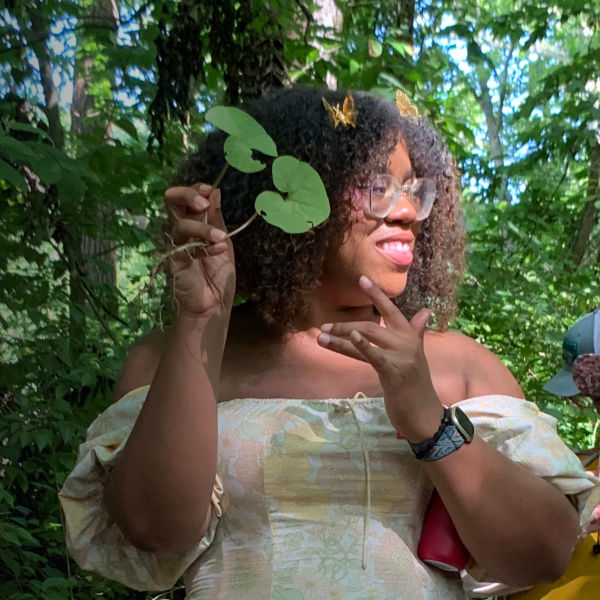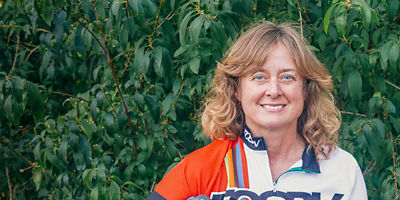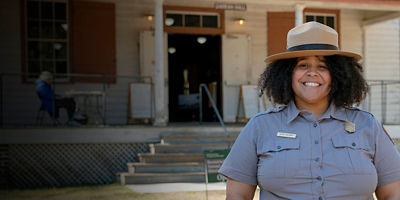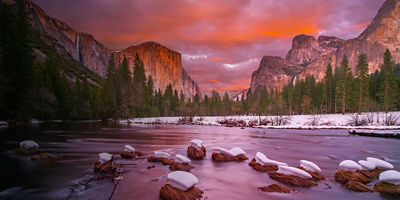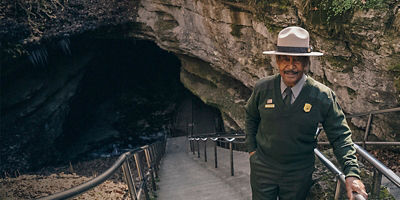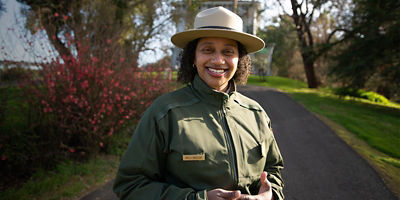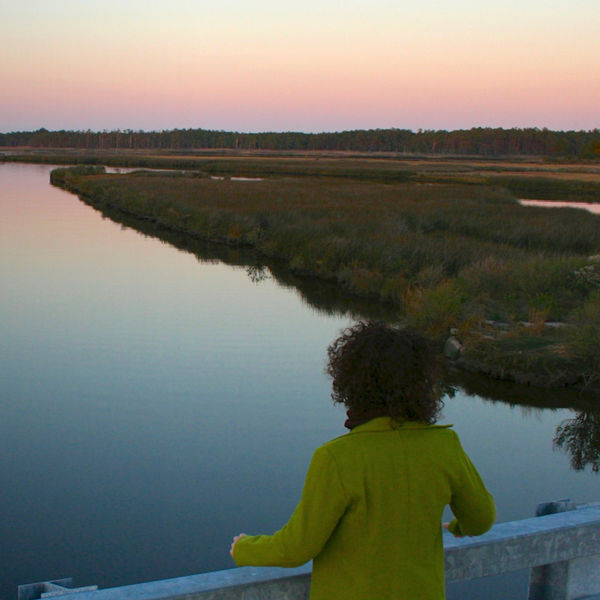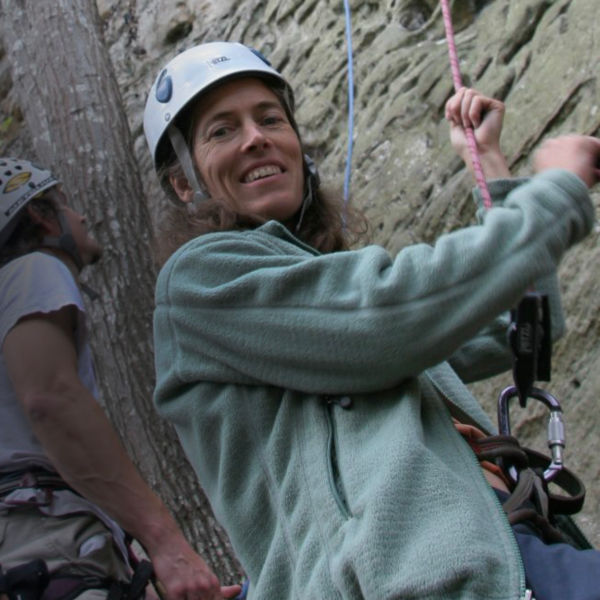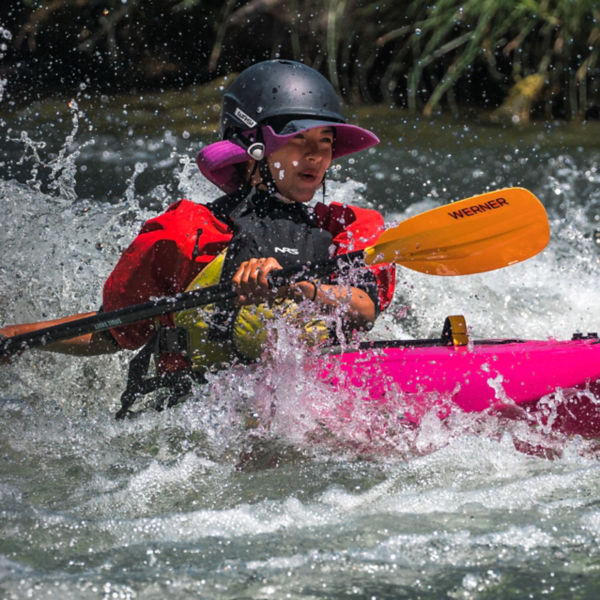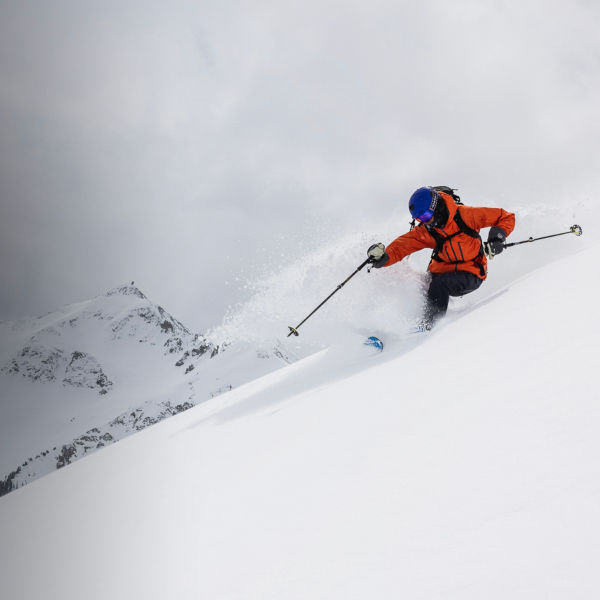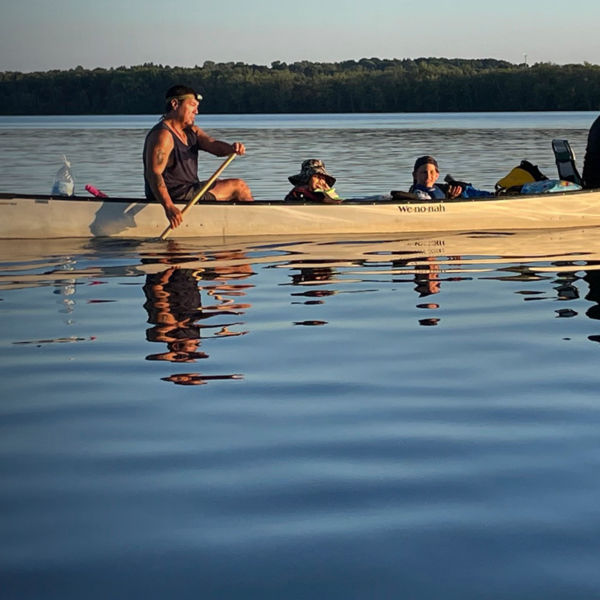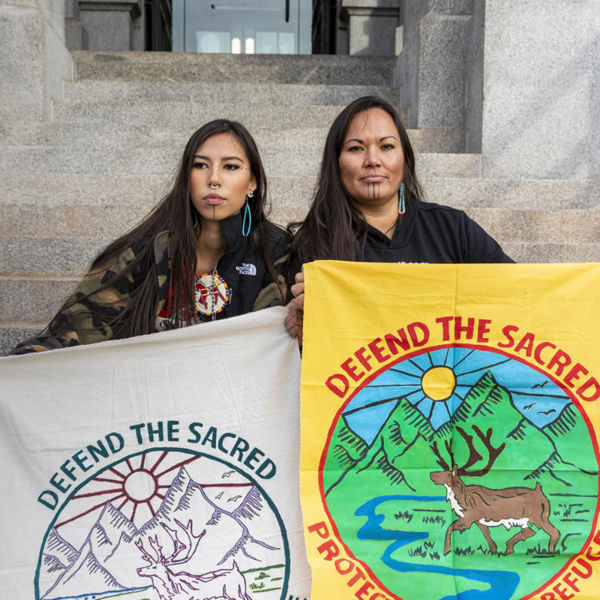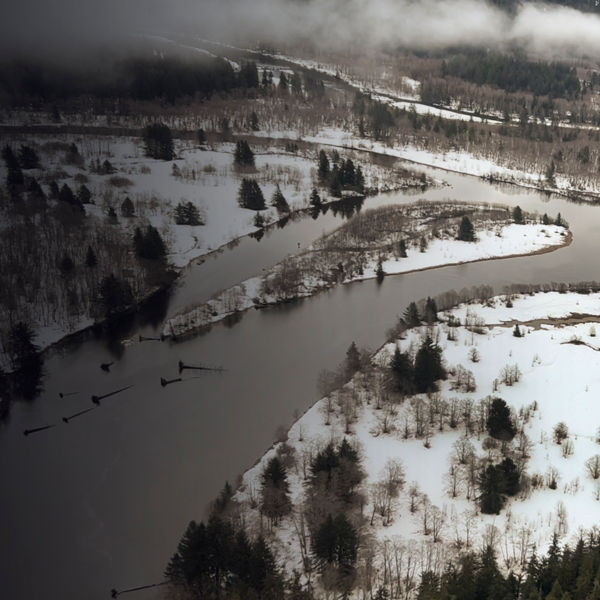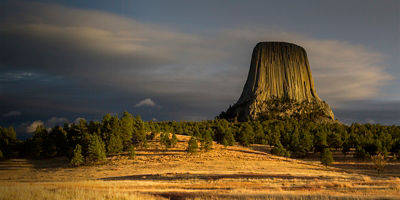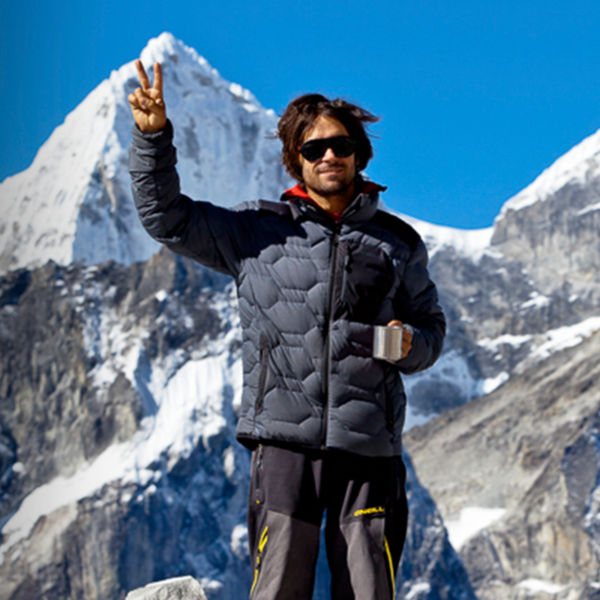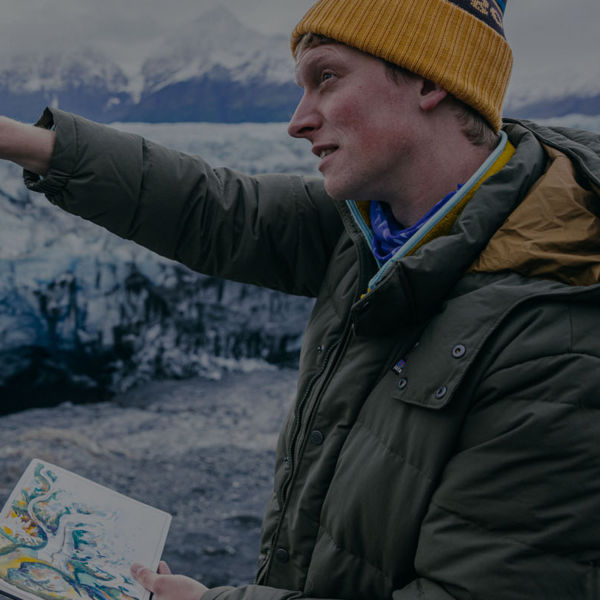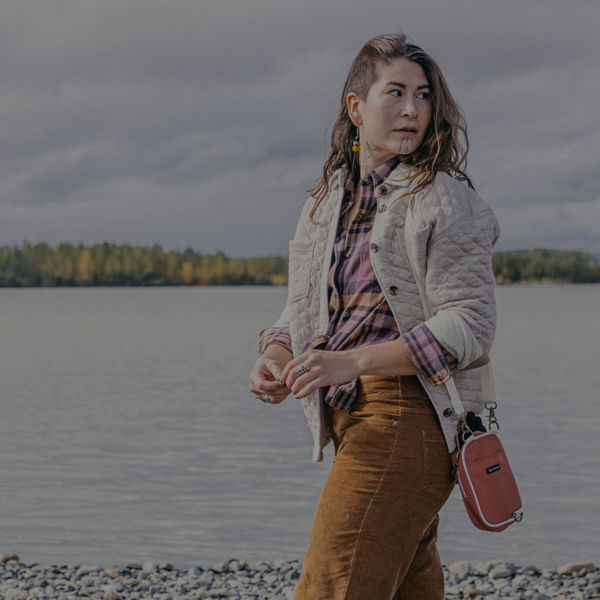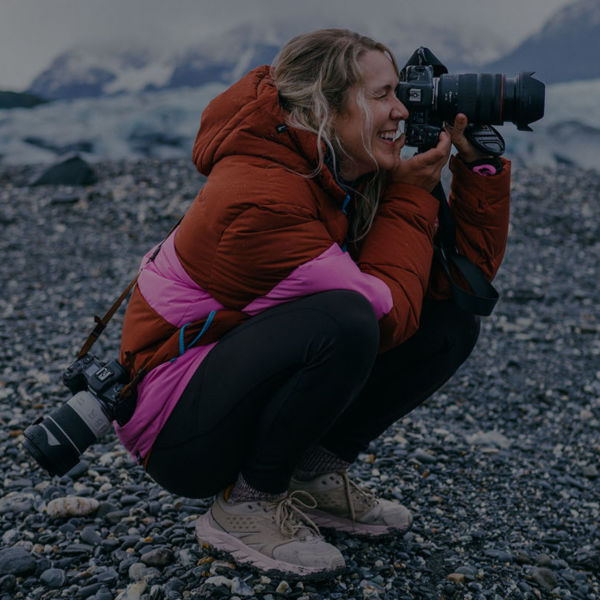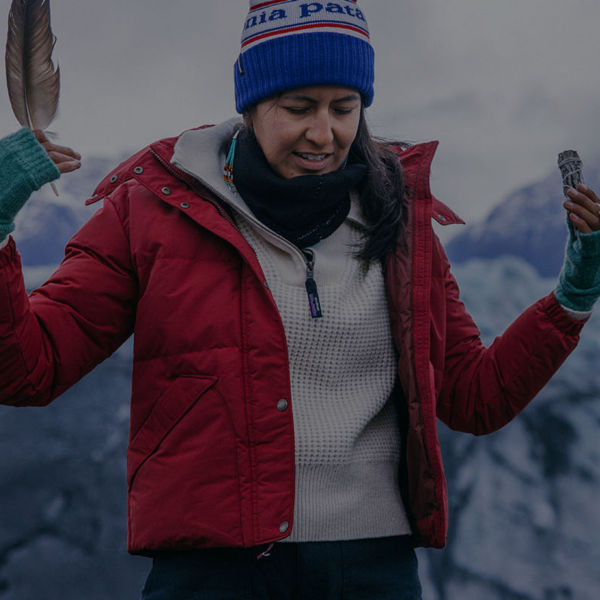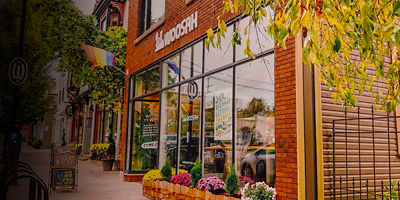
Brooke Goudy only started riding a mountain bike during the pandemic. Sitting at home in 2020, the Denver-based registered nurse decided to get on a bike and go for a ride, where it didn’t take her long to make a pair of life-altering realizations.
“I just remembered how amazing it was as a kid to be on my bike,” says Goudy, who quickly made another discovery that kept her from relishing in pure joy. “I was having so much fun, but I looked around me, and thought, ‘There’s not very many people that look like me.’”
She immediately noticed the lack of women—Black women, in particular—out on the trails, and wanted to change that disparity. Goudy started writing blogs about her trail experiences. As the national conversation shifted to racial injustice following the May 2020 death of George Floyd, she explains, the bicycling community got behind her and her voice. “I had the privilege of being given so much opportunity,” she says, “‘I thought, ‘What can I do with all this opportunity?’”
And do, she did. She co-founded the Denver chapter of Black Girls Do Bike, where she leads BIPOC group rides around the Colorado Front Range. She coached a high school mountain biking team. She serves as an ambassador for bicycling brands like Yeti Cycles and the VIDA Mountain Bike Series. And in 2023, she’ll be traveling around the country leading cycling clinics for BIPOC and women’s groups, spearheading trail-building clinics for women, and leading bikepacking trips to show women just how strong they are.
Sitting down with Goudy, she recently shared the following thoughts on how we can all make mountain biking more inclusive.
On Doing What She Can to Make a Difference
For me, it’s really important to introduce all types of cycling to marginalized communities, communities that have not been as invested in, and communities that have been left out of cycling.
It is really important that we’re all committed to using our voice to take whatever we have, the privileges we have, to really uplift and support social justice. This is one of the ways I do it—through cycling…and to take the platform I’ve been given, and to really call out and help folks acknowledge that there are barriers for marginalized communities, whether that be women, whether that be women of color, whether that be Black folks, Brown folks, Queer folks.
I’m using this platform to help people acknowledge that, and to celebrate diversity, and to champion equity and inclusion. One of the ways I’m doing that is traveling all over the nation speaking my truth and doing that in the cycling communities.
On Building Community
Recently I was able to be a keynote speaker for a major mountain biking organization. That was such a joy [to talk to them about community]. I was very nervous; the folks there don’t look like me and have lots of opportunities and privileges. Building community has been a driving force. Because when we build community, it’s like family, and we get opportunities within that community to challenge one another, and challenge our thoughts, and challenge our behavior, and challenge our way of thinking…even what our community looks like and why our community looks that way, and what we want our community to look like.
In my keynote I talked about a community being more of a salad bowl than a melting pot, where everybody gets to come with their unique, shared experiences. When we’re a melting pot, we’re all just kind of melting in together. When we’re a salad bowl of folks with unique and varied experiences, that causes conflict. But through that conflict we get to grow and become more enlightened and rise to a higher level.
On Barriers to Entry
There have been gatekeepers. There’s evidence of it: written material that suggests…the adventures of the Great Outdoors—the way in which we celebrate the outdoors in the United States—are a privilege. And for a while, that opportunity and privilege has only been granted to a few.
Sometimes, when we say we want to invite other people to the table, there are some people who have been at the table for a very, very long time who believe that bringing others to the table means we want to kick them out of the table. There are folks who believe the more people we invite in, the less opportunity they get to enjoy that space and make decisions about that space.
I also think we’ve always seen outdoor adventure sports in a certain light. People at the table have created an image that doesn’t represent the beautiful world that we live in. That’s really intimidating from the outside looking in: When you don’t see yourself, it doesn’t mean that you can exist or be. There is something calming that ignites the spirit when you do see yourself represented.
On Financial Barriers
For a lot of Black and Brown folks, there’s not the generational wealth that exists for folks that are not of color. There is evidence, research, that generational wealth does not sit in the communities of Black and Brown folks like it does in the white communities. That’s not to say there aren’t white communities without generational wealth. But I get really uncomfortable harping on financial barriers; it forces us not to dig deeper and gives folks a pass to say, ‘It’s them, not me.’
There are other ways of triggering trauma, unconscious biases, those all contribute to whether a space is safe or not. So, concentrating on building safer spaces is big. It’s easy to donate money, but that doesn’t make as large of a difference than folks digging into themselves and organizations to root out anything that might make it unsafe for marginalized folks.
On What Individuals and Organizations Can Do
Plenty of people and organizations out there ask where they can put their money. Sometimes they give white organizations their money to be able to support Black and Brown communities. As we’re moving forward, one thing I want to concentrate on is: How do we involve Black communities to enjoy outdoor adventure sports in a way they see fit? Instead of showing up one or two times and saying, ‘We have done our part. We are allies, and here is the evidence of our allyship…’ True allyship is true sacrifice, pulling yourself out of the picture and allowing communities to truly be able to thrive in ways that they see fit.



